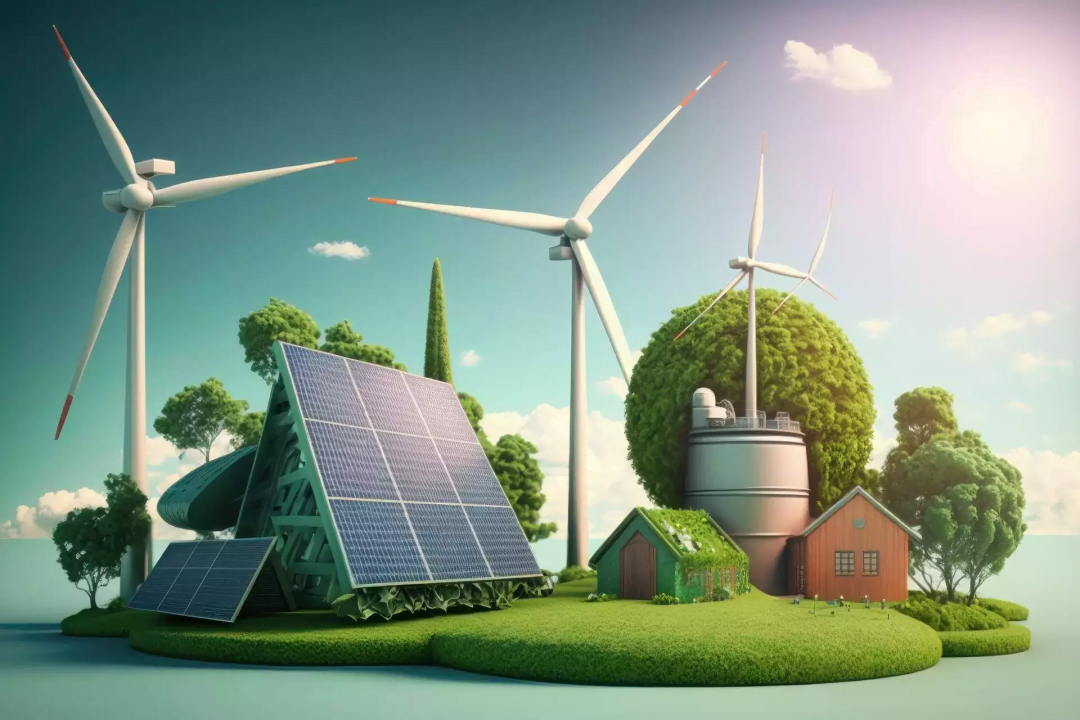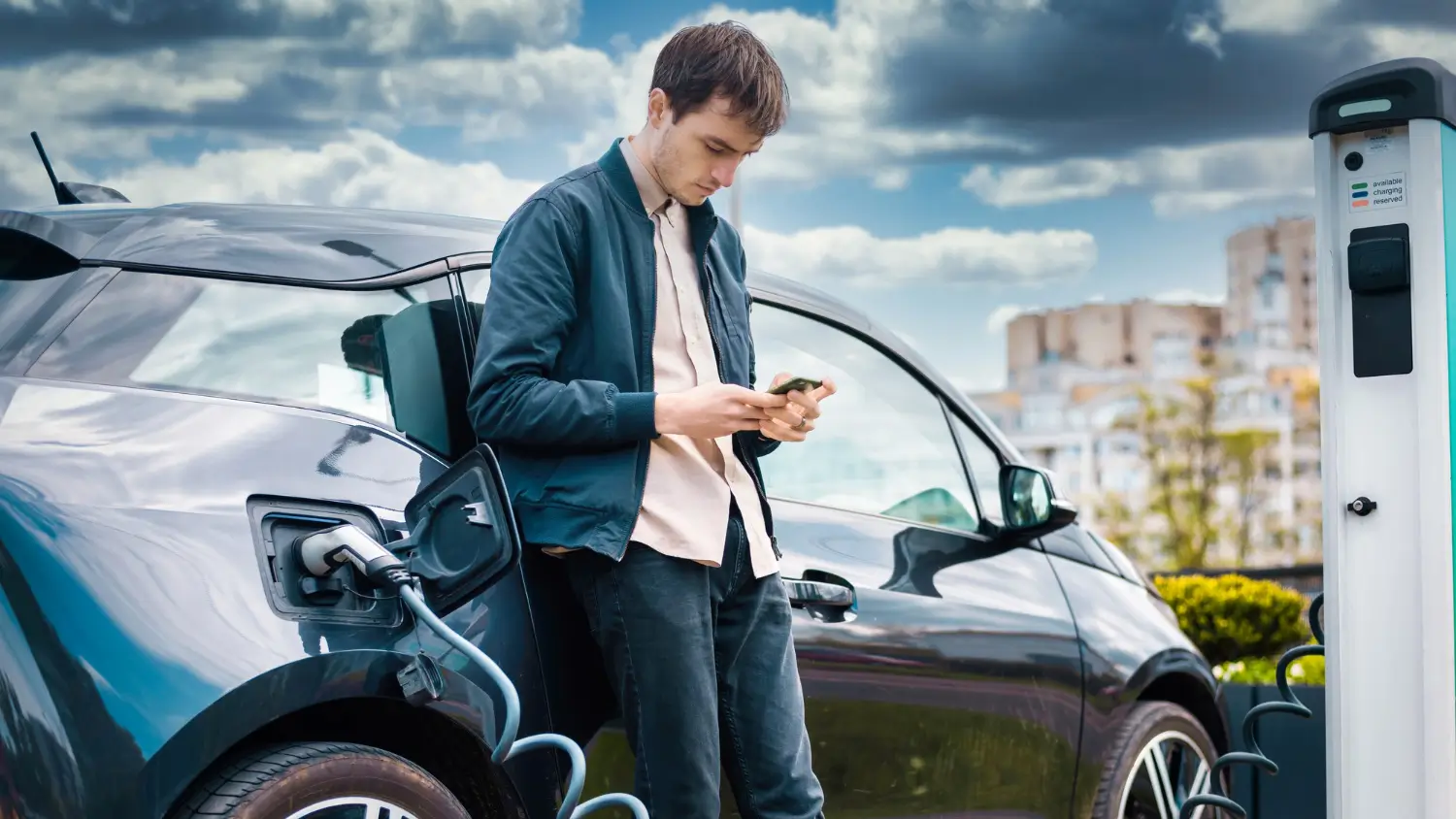Electric Vehicles and Sustainable Transportation: A Vision for the Future

The automotive industry is experiencing a transformative shift that promises to reshape the way we move, commute, and travel. Electric vehicles (EVs) are at the forefront of this revolution, offering a more sustainable and efficient alternative to traditional fossil fuel-powered cars. As the world increasingly focuses on combating climate change and reducing carbon emissions, the future of electric vehicles is becoming a crucial part of the conversation around sustainable transportation. This article delves deep into the vision of a cleaner, greener transportation system powered by EVs, exploring the innovations, challenges, and possibilities that lie ahead.
The Current State of Electric Vehicles
In the past decade, electric vehicles have evolved from a niche market to a rapidly growing segment of the global automotive industry. Once viewed as expensive and limited in range, today’s EVs offer advanced features, longer driving ranges, and a variety of models that cater to different consumer needs. Companies like Tesla, Nissan, Chevrolet, and BMW have made significant strides in developing EV technology, and traditional automakers are increasingly shifting their focus to electric models.
Introduced Policies
Governments around the world have introduced policies and incentives to promote the adoption of electric vehicles. For instance, many countries offer tax breaks, subsidies, and rebates to encourage consumers to purchase EVs. The growing global concern over air quality, climate change, and the depletion of fossil fuels further amplifies the need for a cleaner mode of transportation.
The Vision for Sustainable Transportation
The future of electric vehicles is not just about replacing gasoline-powered cars with electric alternatives; it is about creating a comprehensive and sustainable transportation ecosystem. This vision includes the widespread adoption of EVs, the development of charging infrastructure, integration with renewable energy sources, and advancements in battery technology.
Widespread Adoption of Electric Vehicles
The transition to a future where electric vehicles dominate the roads is essential for reducing greenhouse gas emissions and lessening our reliance on fossil fuels. According to projections, the global EV market is expected to grow significantly over the next decade. Bloembergen estimates that by 2040, electric vehicles will account for nearly 60% of new car sales worldwide.
Lowering costs of EVs
As battery prices continue to drop, electric vehicles will become more affordable for consumers.
Improved range and charging speed
With advancements in battery technology, EVs can now travel longer distances on a single charge, addressing one of the major concerns of potential buyers.
Consumer awareness
As people become more aware of the environmental impact of traditional vehicles, there is a growing preference for cleaner and greener alternatives.
Development of Charging Infrastructure
A key factor in the future of electric vehicles is the availability and accessibility of charging infrastructure. To achieve widespread EV adoption, there must be a robust network of charging stations that can accommodate the needs of EV owners, especially in urban areas and along highways.
Governments and private companies are already working on expanding charging networks.
Fast-charging stations
The development of fast-charging technology has made it possible to charge an electric vehicle in as little as 30 minutes, reducing downtime for drivers.
Wireless charging
Some automakers are experimenting with wireless charging, which could allow EVs to charge automatically when parked over a charging pad.
Home charging solutions
Many EV owners rely on home charging stations, making it easier to power their vehicles overnight.
The expansion of this infrastructure will play a critical role in making electric vehicles more convenient and practical for everyday use.
Integration with Renewable Energy

One of the most exciting aspects of the future of electric vehicles is their potential to work in harmony with renewable energy sources. By integrating EVs with solar, wind, and hydropower, we can significantly reduce the carbon footprint of the transportation sector.
Smart grids
The development of smart grids allows electric vehicles to be charged during off-peak hours when renewable energy is most abundant. This helps balance the load on the grid and makes the use of clean energy more efficient.
Vehicle-to-grid (V2G) technology
In the future, EVs could act as energy storage devices, feeding electricity back into the grid when needed. This could help stabilize the grid and provide backup power during periods of high demand.
By leveraging renewable energy to power electric vehicles, we can create a circular energy system that reduces emissions and promotes sustainability.
Advances in Battery Technology
Battery technology is central to the success of electric vehicles. As batteries become more efficient, affordable, and environmentally friendly, the barriers to widespread EV adoption will continue to fall.
Solid-state batteries
One of the most promising developments in battery technology is the advent of solid-state batteries. These batteries offer higher energy density, longer lifespan, and faster charging times compared to traditional lithium-ion batteries.
Recycling and sustainability
As the number of EVs on the road grows, so too will the need for sustainable battery disposal and recycling methods. Companies are working on ways to recycle used EV batteries to minimize waste and reduce the environmental impact of battery production.
Longer range
Breakthroughs in battery technology are allowing EVs to travel farther on a single charge, making electric cars more practical for long-distance driving.
Challenges Facing the Future of Electric Vehicles
While the future of electric vehicles is promising, there are still several challenges that must be addressed to achieve a fully sustainable transportation system.
High Upfront Costs
Although the cost of electric vehicles is decreasing, they are still generally more expensive than their gasoline counterparts. Governments will need to continue offering incentives and subsidies to make EVs more accessible to the general public, while automakers must focus on reducing manufacturing costs.
Charging Infrastructure Gaps
While the charging infrastructure is expanding, there are still significant gaps in rural areas and developing countries. Ensuring equitable access to EV charging stations is critical for achieving widespread adoption.
Battery Production and Sustainability
The environmental impact of battery production, particularly the mining of lithium and cobalt, is a significant concern. Automakers and governments must invest in more sustainable mining practices and develop better recycling methods to mitigate these issues.
Consumer Hesitation
Some consumers are still hesitant to switch to electric vehicles due to concerns about range, charging times, and the availability of charging stations. Education and awareness campaigns, along with continued technological advancements, will be essential to overcoming these concerns.
What Lies in the Future of Electric Vehicles
The future of electric vehicles is bright, but it will require collaboration between automakers, governments, and consumers to fully realize its potential. As we move towards a more sustainable transportation system, the role of EVs in reducing carbon emissions, improving air quality, and creating a cleaner planet will become increasingly important.
By continuing to innovate in areas like battery technology, charging infrastructure, and renewable energy integration, we can build a transportation system that not only meets the needs of today but also paves the way for a greener, more sustainable future.
Conclusion
Electric vehicles and sustainable transportation are intrinsically linked to the future of our planet. The future of electric vehicles holds the promise of revolutionizing how we travel, reducing our environmental impact, and driving the shift towards renewable energy. As technology continues to evolve, we can look forward to a future where electric vehicles are not just an alternative, but the standard for transportation, making a lasting positive impact on our world.




